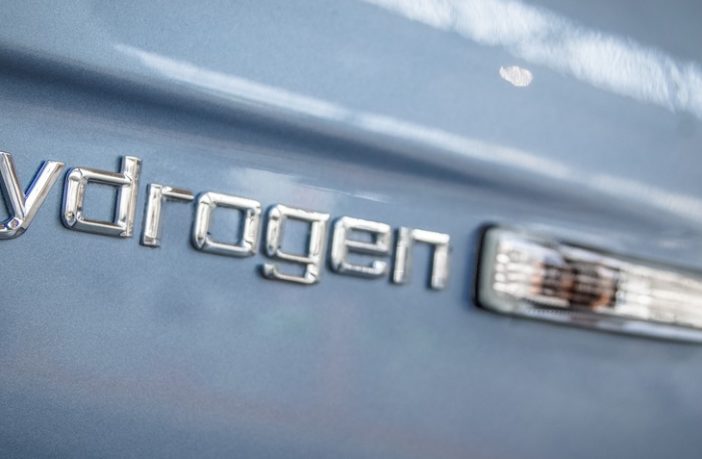To expand the use of hydrogen vehicles as a low carbon transport option across Europe, it is essential that the gap between legislation and technology is closed. An extensive new infrastructure is required, where end-users are assured of accurate flow metering and fair charging at refueling stations. However, there are no European-wide measurement methods and standards.
TUV SUD National Engineering Laboratory is developing measurement and pricing standards for hydrogen refueling stations as part of the world’s first large-scale research project.
As part of the European Metrology Programme for Innovation and Research (EMPIR), TÜV SÜD National Engineering Laboratory is developing standards for accurate flow metering and pricing at hydrogen refueling stations. The Metrology for Hydrogen Vehicles 2 project is part of the world’s first large-scale research project to tackle hydrogen fuel measurement inaccuracy challenges.
During the three-year program, TÜV SÜD National Engineering Laboratory’s research will help manufacturers and operators to improve the accuracy of hydrogen refueling stations. It will develop new hydrogen measurement standards for both light (cars and vans) and heavy-duty (buses and trucks) vehicles.
Marc MacDonald, technical lead for Clean Fuels at TÜV SÜD National Engineering Laboratory, said: “Hydrogen fuel cell vehicles offer a significant increase in range and a reduction in refueling time over battery electric vehicles. Hydrogen is, therefore, one of the most promising alternative transport fuels, once we can increase confidence amongst vehicle manufacturers and end-users. Accurate validation of the metrology in hydrogen vehicle refueling is therefore vital to meet both regulatory requirements and enhance end-user perception. This project will give hydrogen vehicle owners the confidence that they are not being overcharged when they refuel and help the industry to expand.”
The Metrology for Hydrogen Vehicles 2 follow-on project will investigate more cost-effective methods of providing accurate reference measurements and prove that these concepts can be applied to refuelling of buses and trucks, and extended to train and tram refueling in the future.
The new hydrogen measurement standards developed by TÜV SÜD National Engineering Laboratory will be validated in intercomparison testing at a hydrogen refueling station and harmonized with standards developed by other European National Measurement Institutes (NMIs). TÜV SÜD National Engineering Laboratory will also model the sources of flow measurement uncertainty in hydrogen refueling stations, which will enable the targeted reduction in measurement errors at dispensers.
Source: https://www.electrichybridvehicletechnology.com
CUT COTS OF THE FLEET WITH OUR AUDIT PROGRAM
The audit is a key tool to know the overall status and provide the analysis, the assessment, the advice, the suggestions and the actions to take in order to cut costs and increase the efficiency and efficacy of the fleet. We propose the following fleet management audit.




